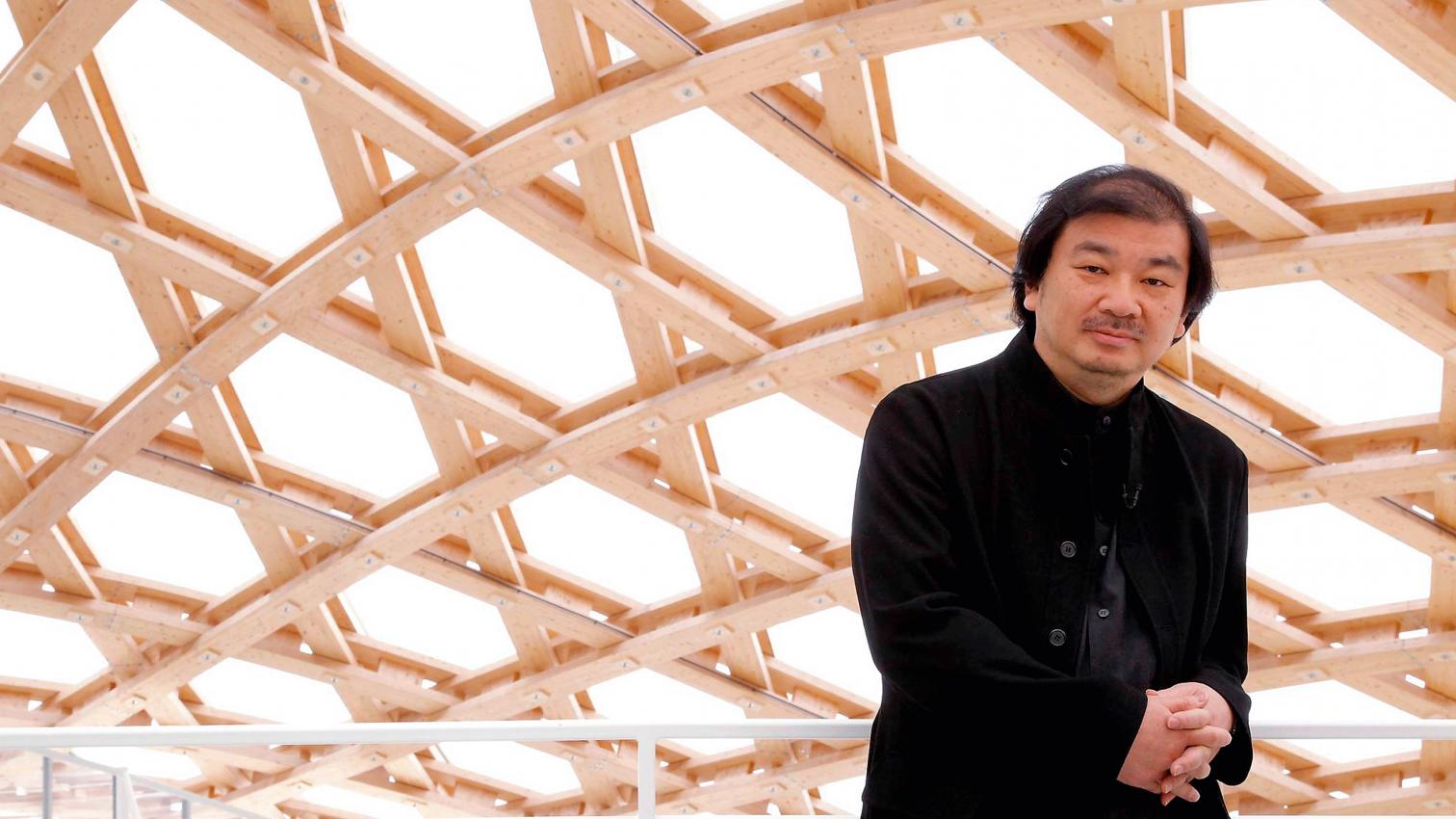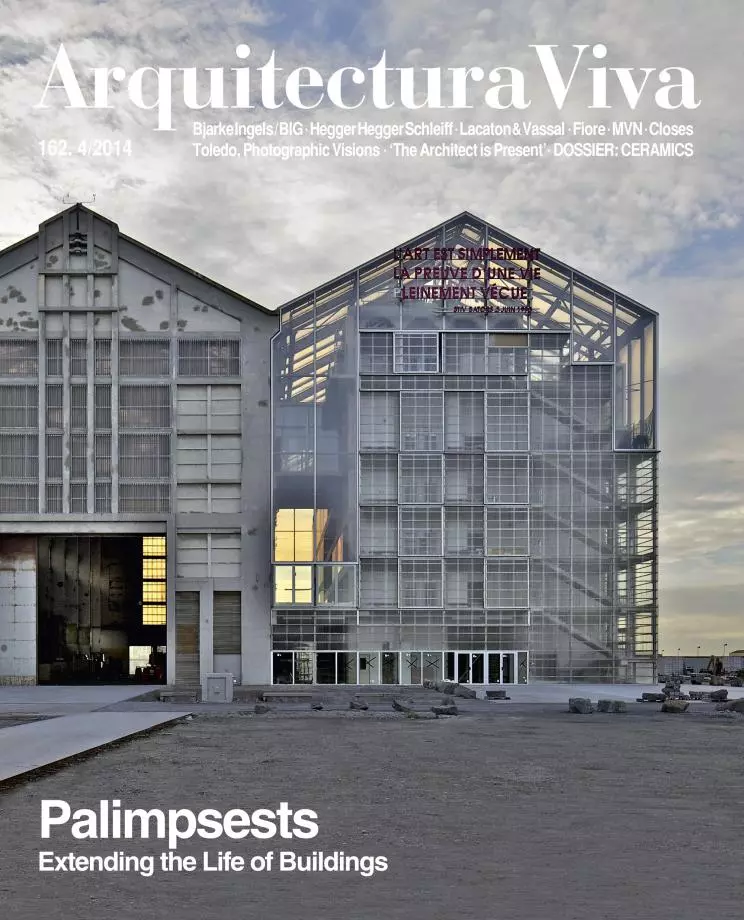
Shigeru Ban (Tokyo, 1957) has been building cardboard castles for two decades. His winning the Pritzker Prize just days before the commemoration of the Rwanda genocide seemed like a significant coincidence because it was precisely in the year 1994 that Ban made a niche for himself in the world architecture scene by presenting himself in the heretofore empty United Nations offices with an unexpected idea: to give shelter to the millions of Rwandas left homeless using tubes made of cardboard, out of concern, as well, for the country’s endangered forests. More than a statement of intentions, this gesture was the beginning of a way of working, the start of a career of ever inventive projects based on sustainability and recycling, such as the emergency dwellings in the wake of the earthquakes of Kobe (1995), Turkey (2000), Haiti (2010), and the north coast of Japan (2011).
Over the years Shigeru Ban has become a leading reference of an architecture that is necessary as well as obstinate in its resistance to global iconic codes, as was confirmed in the citation of the Prtizker jury, which considered that in Ban’s work, “sustainability is not a concept to add after the fact; rather it is intrinsic to architecture.” Nevertheless, the clarity and coherence of his most committed projects pale even his more ‘spectacular’ buildings, works where the aesthetics of recycling cannot avoid banality. A case in point is his Centre Pompidou outpost in Metz, France. The question to pose now is whether or not Ban will manage to combine his ethical orientation and creative directions with the iconic demands of new celebrity.





